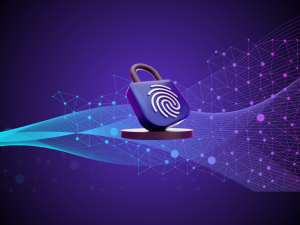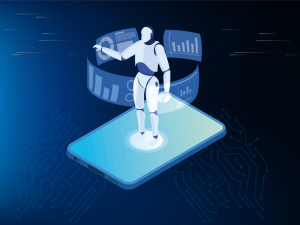AI is no longer the future—it’s the present. And that reality is now reaching classrooms across the United States. A recent study by the RAND Corporation reveals that the number of school districts training educators in the use of generative AI has more than doubled in the past year—from just 23% in 2023 to 48% in 2024. If school districts follow through with their current plans, nearly three-quarters of them will have implemented AI training for teachers by the end of 2025.
This shift isn’t just about keeping up with the tech curve. It’s about reimagining how we teach and how students learn in a digital-first world.
Why It Matter
Teachers today are expected to do more than just deliver lessons—they’re expected to personalise learning, assess performance, engage digitally savvy students, and manage administrative work, all at once. That’s where AI tools come in.
AI is already being used by educators to:
- Generate customised lesson plans
- Analyse student performance data to guide instruction
- Provide real-time feedback and grading support
- Support language translation and special education accommodations
But simply having access to AI tools isn’t enough. Teachers need to understand how to use them ethically, effectively, and with full awareness of the limitations. That’s where professional development becomes essential.
Training the Trainers
The RAND study makes it clear: school districts are stepping up to provide structured training for educators on how to use AI. This includes workshops, toolkits, ongoing coaching, and, in some cases, full certifications. Teachers are being introduced to tools like ChatGPT, Grammarly, and AI-supported learning management systems (LMS) that help simplify daily tasks and improve student outcomes.
However, the report also highlights a growing equity gap. High-income districts are more likely to implement AI training programs, while under-resourced schools lag behind—potentially leaving students in those communities at a disadvantage. Ensuring equal access to AI training is a pressing challenge for the education system as a whole.
Shifting Mindsets: From Fear to Fluency
Initially, many teachers were understandably cautious about adopting AI. Concerns ranged from job security to fears of AI replacing human judgment. But those attitudes are shifting. As more educators experience the time-saving benefits of AI and see improvements in engagement and outcomes, interest is growing.
The key, however, lies in intentional, well-structured implementation. AI should never replace the teacher—it should augment their abilities. When used correctly, it becomes a powerful ally in personalising learning and fostering creativity.
What Comes Next?
We’re approaching a tipping point where AI in education isn’t just a trend—it’s the standard. Teacher prep programs, continuing education providers, and edtech companies are now expected to embed AI literacy into their offerings. The next frontier will involve building educator confidence, creating clear ethical guidelines, and ensuring inclusive access.
There’s also a need to go beyond basic functionality and explore AI’s long-term potential in pedagogy, research, and student development. For educators to become leaders in an AI-integrated classroom, training needs to be ongoing, collaborative, and focused on both tools and mindset.
Ascend Education’s Take
At Ascend Education, we believe the surge in AI training for educators isn’t just a positive development—it’s a necessary one.
Teachers are the cornerstone of educational transformation. When they’re equipped with the right tools and training, they can turn classrooms into future-ready learning environments. We see AI as a catalyst for personalised, inclusive, and efficient learning—not a replacement for the human touch in education.
That’s why we’re actively designing course modules and resources that help educators not only understand AI but apply it meaningfully. From introducing teachers to the fundamentals of prompt engineering to guiding them in ethical AI use, we’re helping bridge the gap between technology and real-world teaching.
AI won’t solve every challenge in education—but it can certainly give educators a powerful new toolkit. And we’re here to help make sure they know how to use it.





